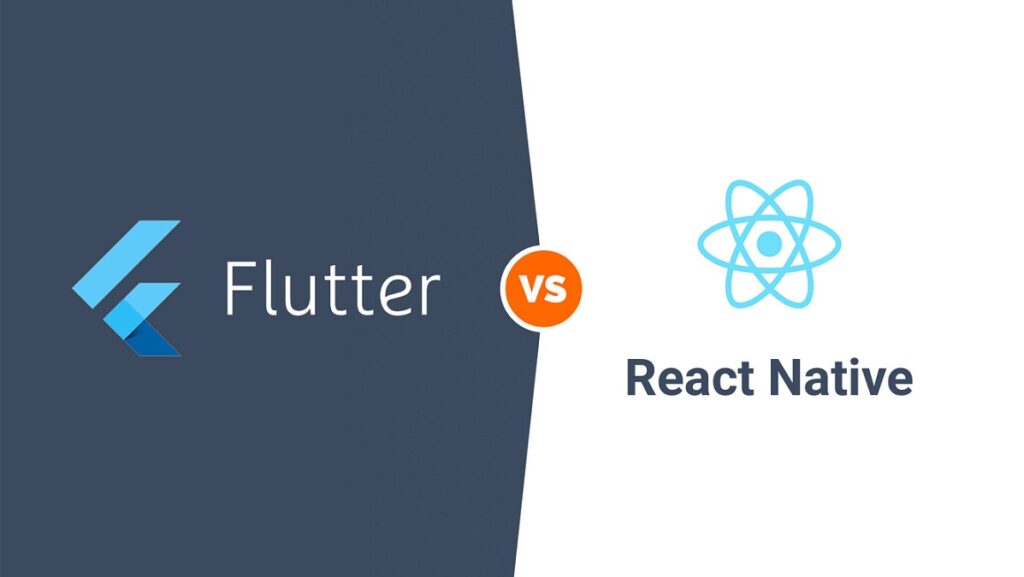In today’s time, the cross-platform development niche is growing, as it is a cost-effective solution for companies. Also, it cuts down the whole development process. By choosing one single framework, you would be able to develop apps for multiple devices. And whenever it comes to cross-platform development, Flutter and React native are two of the names that we get to hear.
However, if you are going to choose a framework for your next project and wondering who wins in the Flutter vs React Native debate, I am here to help you out.
In this article, I will be drawing a comparison between the frameworks and helping you understand in a better way. I’ll talk about programming languages used, platforms supported, and the ease to change your app even if it is in production.
So here we go:
Flutter vs React Native: what do you choose?
What is Flutter?
Flutter is a portable UI toolkit. In other words, you can say that it is a comprehensive app software development kit that comes with different widgets and tools.
Flutter is also an excellent framework for cross-platform app development. It allows the developers to build and deploy apps visually. And you will be able to create applications for mobile, web, and desktop using a single codebase.
However, if you plan to create desktop apps with Flutter, the API is still in the development stage. Moreover, the best part of Flutter is that it is absolutely free and open source. Along with that, it provides its own widgets and comes with quite a lot of features.
What is React Native for?
In simple words, you can say that React Native is an open-source mobile application framework that uses JavaScript. It is also an effective framework for cross-platform development, building mobile apps using JavaScript languages.
Plus, it allows you to develop apps for both Android and iOS devices using a single codebase. However, you should know that apps created using React native are not mobile apps. Instead, it uses the same fundamental UI building blocks as the regular iOS and Android apps.
Benefits of Using Flutter
● Fast Coding
One of Flutter’s main benefits is that you will be able to code faster as it comes with the so-called Hot reload feature. As a result, developers can make changes to the codebase easily and immediately implement the application.
● One codebase, multiple platforms
With Flutter, you will be able to use one codebase for multiple applications. You can write one single codebase for both iOS and Android platforms. Also, it comes with its own widgets and designs. As a result, you can have the exact same app for two platforms.
● Perfect for MVPs
One of Flutter’s main benefits is that it is a pretty good solution for MVPs or Minimum Viable Product. So if you wish to build an MVP for your app, then Flutter is the perfect option that you can try. You can create an MVP quite fast with Flutter. Also, it is extremely easy to learn.
Benefits of Using React Native:
● Fast Coding:
With react native, you can also code faster. It comes with the same hot reload feature, which speeds up the development process by allowing developers to inject new code directly into a running app. So, a developer can see changes instantly, without rebuilding the app.
● One codebase, two mobile platforms:
Just like Flutter, it also uses a single codebase for two mobile platforms or more, and React Native uses Javascript. As a result, building a cross-platform application becomes extremely easy.
● It Uses JavaScript:
Another best part of React Native is that it uses Javascript, one of the most popular programming languages. Also, there are quite a lot of developers-friendly with JavaScript. Plus, JavaScript has a vast community. So if you face issues with JavaScript or React Native, it would be pretty easy for you to get external help.
Final Words
Both Flutter and React Native have their pros and cons. While Flutter is extremely easy to get started, the community is not as vast as JavaScript. On the other hand, ReactNative can be a difficult thing to learn for newbies. So check both of the frameworks out and choose something that you are comfortable with.
